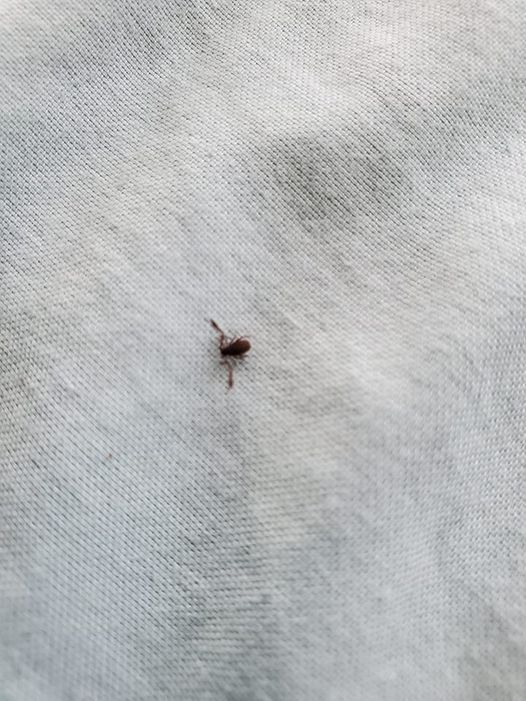The tick should be disposed of.
Following the removal of the tick, you will need to dispose of it in the appropriate manner. Either place it in a container or a plastic bag that has been sealed, and then dispose of it in the trash can that is located outside. Because doing so might cause disease-causing bacteria to be released, you should avoid crushing the tick with your fingers.
4. Make sure the space is clean.
You will need to properly clean the area with soap and water once you have removed the tick from the human body. Taking this precaution will assist in preventing the spread of any diseases or infections. In addition, you may disinfect the area by using hydrogen peroxide or rubbing alcohol.
Fifth, look for more ticks.
Following the completion of the cleaning of the area, you should look for further ticks inside your house. Ticks are able to conceal themselves in a wide range of environments, including furniture, beds, and carpets. It is important to remember to check your pets as well, if you have any. The fur of your pet should be combed through with a comb that has fine teeth in order to search for any ticks that may have attached themselves to the fur.
6. Steer clear of any potential infestations
It is possible to take a number of measures in order to avoid tick infestations in your house in the future. These include the following:
– Maintaining a clean and clutter-free place in your house
Sealing up any fractures or gaps that may be present in your foundation or walls
The use of tick repellant to your animals
After spending time outside, it is important to do tick checks on your family members and pets on a regular basis.
As a result of their ability to spread a wide range of illnesses, ticks pose a significant risk to human health. These infections include Lyme disease, Rocky Mountain spotted fever, and tularemia. Immediate medical treatment should be sought out in the event that you or a member of your family has any symptoms after a tick bite, including but not limited to fever, rash, or muscular pains.
When you discover a tick in your home, it may be a very unsettling and frightening experience; however, if you take the appropriate precautions, you can prevent the tick from causing damage to your family or your pets. It is important to remember to have a level head and identify the tick, remove it gently, dispose of it in the appropriate manner, clean the area, check for more ticks, and take measures to avoid further infections. If you follow these methods, you will be able to maintain your house free of ticks and also limit the danger of illnesses that are transmitted by ticks.
ADVERTISEMENT

